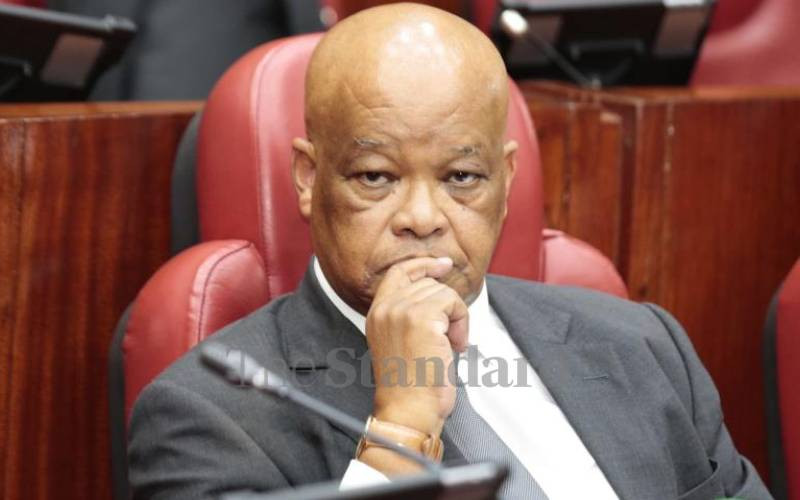×
The Standard e-Paper
Stay Informed, Even Offline

Investment banker John Ngumi has quit the Kenya Airways (KQ) board, the last high-profile seat he has been holding in a State-owned firm.
The airline said in a statement on Friday that Mr Ngumi, who was first elected as a director on KQ's board in 2019, had resigned.